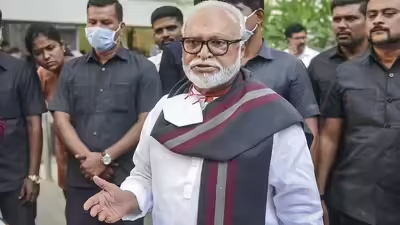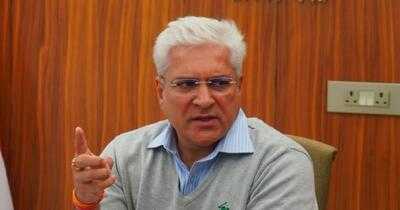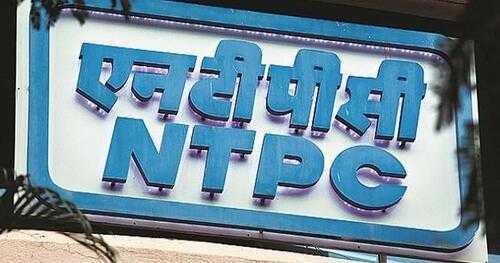Related
- Ranveer Allahbadia controversy: Amid backlash and losing followers, YouTuber faces breakup rumours with Nikki Sharma
- Shaktimaan fame Mukesh Khanna suggests 'Ashleel Control Board' to stop Ranveer Allahabadia-type controversies
- BeerBiceps' Ranveer Allahbadia requests makers of Samay Raina's India’s Got Latent to do this after big controversy
Jumping into the controversy over Ranveer Allahabia's statement on India's Got Latent show, Rapper Raftaar has said that people often enjoy the failure of successful individuals. His comments followed the controversy surrounding comedian Samay Raina's show, India's Got Latent. Although Raftaar did not mention Raina or podcaster Ranveer Allahbadia by name, his post was widely seen as a response to the backlash over an offensive joke made during Raina's show.
In his post, Raftaar, who is friends with Raina, explained the psychology behind why people often celebrate others' downfalls. He discussed what he called the "psychology of Schadenfreude"—the pleasure people get from others' misfortunes. Raftaar outlined several reasons for this behavior:
Cultural Fascination: "We admire celebrities and high achievers but are quick to judge them when they stumble. This pattern has existed throughout history, from ancient myths to modern media."
Media Influence: "The media amplifies this by sensationalizing scandals, feeding our curiosity and desire for drama."
Psychology of Schadenfreude: He explained that this is linked to three factors:
Raftaar had appeared in the first episode of India's Got Latent. Meanwhile, comedian Munawar Farooqui shared an indirect message about the situation in his Instagram stories. In Hindi, he wrote, "Art jo hai vo spring ki hai. Jitnaa dabaoge utnaa upper uthega (Art is like a spring. The more you push, the higher you will rise)," possibly referencing Raina.
In response to the controversy, Raina deleted all episodes of his show from his YouTube channel on Wednesday, following a backlash and an FIR filed by the Maharashtra Cyber Police. He expressed regret, writing, "Everything that has been happening has been too much for me to handle. I have removed all India's Got Latent videos from my channel. My only objective was to make people laugh and have a good time. I will fully cooperate with all agencies to ensure their enquiries are concluded fairly."
In his post, Raftaar, who is friends with Raina, explained the psychology behind why people often celebrate others' downfalls. He discussed what he called the "psychology of Schadenfreude"—the pleasure people get from others' misfortunes. Raftaar outlined several reasons for this behavior:
Cultural Fascination: "We admire celebrities and high achievers but are quick to judge them when they stumble. This pattern has existed throughout history, from ancient myths to modern media."
Media Influence: "The media amplifies this by sensationalizing scandals, feeding our curiosity and desire for drama."
Psychology of Schadenfreude: He explained that this is linked to three factors:
- Social Comparison: Seeing successful people fail can make us feel better about our own flaws.
- Envy and Relief: When those we envy fall, it temporarily eases our resentment.
- Sense of Justice: There's satisfaction when arrogant or morally flawed figures face consequences.
Raftaar had appeared in the first episode of India's Got Latent. Meanwhile, comedian Munawar Farooqui shared an indirect message about the situation in his Instagram stories. In Hindi, he wrote, "Art jo hai vo spring ki hai. Jitnaa dabaoge utnaa upper uthega (Art is like a spring. The more you push, the higher you will rise)," possibly referencing Raina.
In response to the controversy, Raina deleted all episodes of his show from his YouTube channel on Wednesday, following a backlash and an FIR filed by the Maharashtra Cyber Police. He expressed regret, writing, "Everything that has been happening has been too much for me to handle. I have removed all India's Got Latent videos from my channel. My only objective was to make people laugh and have a good time. I will fully cooperate with all agencies to ensure their enquiries are concluded fairly."








